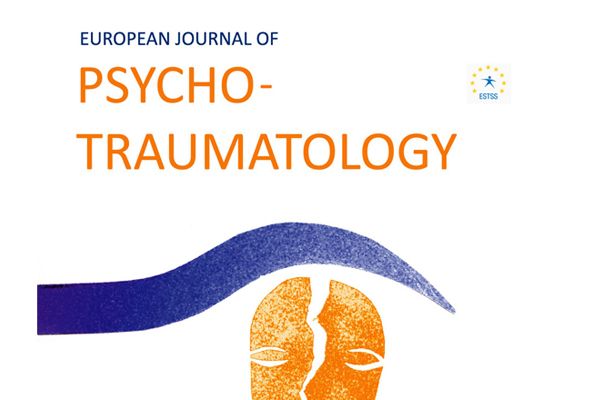25 februari 2020
European Journal of Psychotraumatology
Dean T. Acheson, Brian Kwan, Adam X. Maihofer, Victoria B. Risbrough, Caroline M. Nievergelt, Jacob W. Clark, Xin M. Tu, Michael R. Irwin & Dewleen G. Baker
https://doi.org/10.1080/20008198.2019.1679964
Background: Insomnia is common in service members and associated with many mental and physical health problems. Recently, longitudinal data have been used to assess the impact of disturbed sleep on mental health outcomes. These studies have consistently shown relationships between sleep disturbance and development of mental illness.
Objective: The present study examined the longitudinal relationship between sleep disturbance and PTSD symptomatology in a cohort of Marines and Navy Corpsmen deployed to Iraq and Afghanistan assessed prior to deployment, as well as at -3 and 6-months post-deployment. Additionally, we aimed to investigate the extent to which these relationships are moderated by combat stress severity, and to what extent these findings are replicated in a second, separate cohort of Marines and Navy corpsmen assessed with identical measures prior to deployment and within 3-months of return.
Method: The present study employed latent variable path models to examine the relationships between pre-deployment sleep disturbance and post-deployment re-experiencing symptoms. Initial cross-lagged path models were conducted on discovery and replication samples to validate the hypothesized predictive relationships. Follow up moderation path models were then conducted to include the effect of combat stress severity on these relationships.
Results: Initial cross-lagged models supported a significant relationship between pre-deployment sleep disturbance and future re-experiencing PTSD symptoms at all time points. Initial moderation models showed a small moderator effect of combat stress severity, though the main predictive relationship between pre-deployment sleep disturbance and PTSD symptoms remained significant. The moderator effect was not significant in the replication sample.
Conclusions: The results of this study support pre-deployment sleep disturbance as a risk factor for development of post-deployment PTSD symptoms. Interventions aimed at
normalizing sleep may be important in preventive measures for PTSD.
Keywords: sleep; insomnia; PTSD, Re-experiencing; Longitudinal
Received 16 Apr 2019, Accepted 03 Sep 2019, Published online: 29 Oct 2019

Het European Journal of Psychotraumatology (EJPT) is een peer-reviewed, interdisciplinair wetenschappelijk tijdschrift dat deel uitmaakt van de European Society for Traumatic Stress Studies (ESTSS).
Het EJPT heeft als doel om wetenschappers, behandelaren en experts te betrekken bij de belangrijkste vraagstukken rond stress en trauma, waaronder individuele gebeurtenissen, herhaalde of chronische trauma's, grootschalige rampen en geweld.

